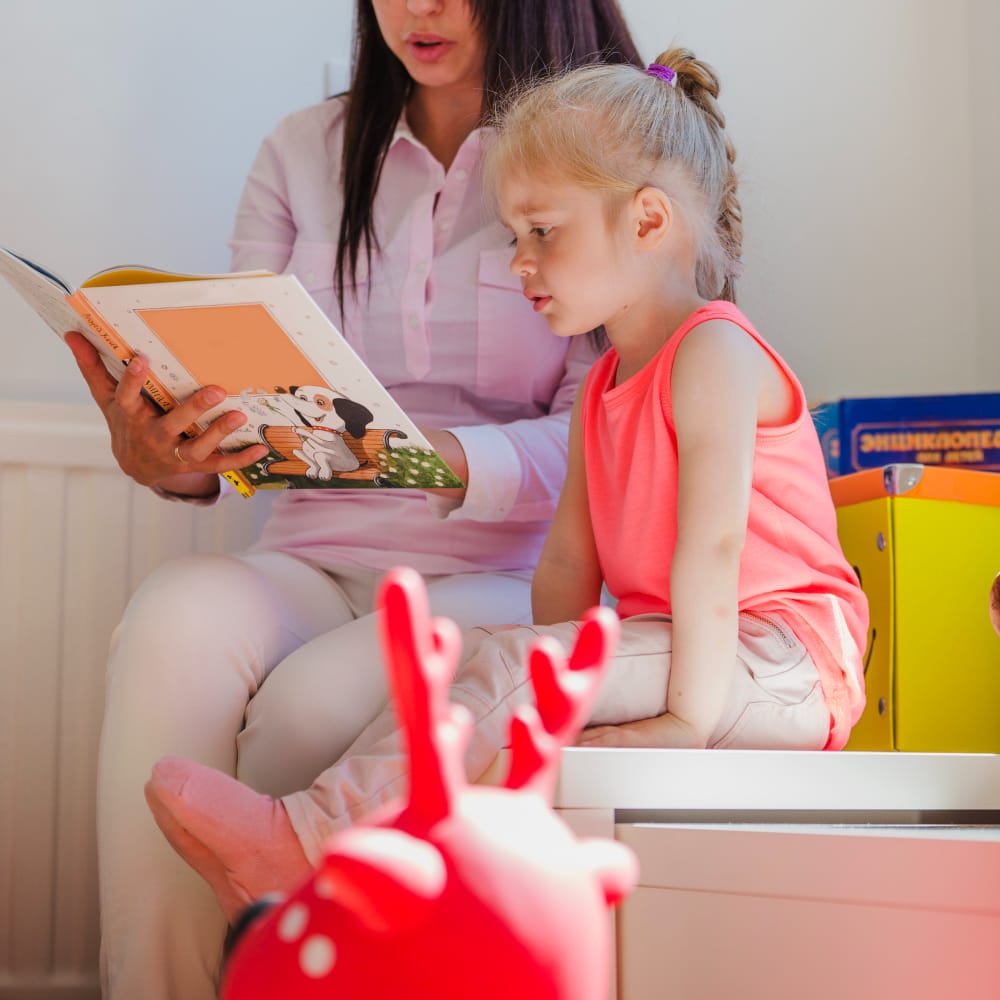
With the increase in technologies that enable parents to work from home and from relatively remote regions I find that more and more parents are considering homeschooling their children. Added to this is the disillusionment many parents feel with the traditional schooling system and it’s overall failure to produce self-directed learners. Here are some of the benefits and disadvantages to keep in mind when considering homeschooling:
Benefits of homeschooling:
- Children can study when they want for as long as they want. This enables children to work according to their own level of ability.
- Homeschooling provides greater flexibility and freedom as the family’s timetable no longer revolves around school hours and school holidays. This may alleviate scheduling issues for children who demonstrate a particular talented for a sport or activity that falls outside of the normal school set-up. Dear family friends of ours decided to home school their daughter – a gifted horse rider, this has not only allowed her to pursue her horse riding career but also enabled her to start giving riding lessons to younger children and so contribute meaningfully to the family’s income. The increased flexibility will also enable a family to travel.
- Home schooled children are generally exposed to lower levels of peer pressure, potential bullying, and competition than their mainstreamed counterparts. This can be especially beneficial for tween and teenage girls as several studies have found that these girls generally have higher levels of self-esteem when home schooled. There is also much less pressure on children to conform or “fit in” with others.
- Homeschooling can lead to closer family relationships.
- Homeschooling can provide greater stability in difficult times, for instance if a child or parent is very ill.
- Children who are home schooled generally do not need to be transported to and from school and do not have to do heaps of homework – all of this results in well rested students with more time in which to complete their studies.
- Homeschooling lessons often progress at a much faster pace as less time is wasted on trivia such as moving between classes or ensuring that everyone in the class is on the same page.
- Homeschooling environments are better suited to supporting children with learning difficulties. Hyperactive children for instance are less restricted and can be allowed to move around while learning.
- Homeschooling enables parents to pay more in-depth, personal attention to subjects with which their children struggle (or in which they excel).
- Parents have greater opportunity to transfer their values and beliefs onto their children.
The disadvantages of homeschooling:
- Homeschooling takes up a lot of parents’ time – this may present a particular problem for single parents or parents who still need to work while homeschooling.
- Most families need to sacrifice one parent’s income in order to home school their children. These financial constraints may mean that children have less options available to them and may not be exposed to certain experiences (such as travel or attending particular shows).
- Spending all your time with your kids may be particularly draining and may lead to increased conflict in your household.
- Homeschooling often implies limited exposure to team sports or social events. Your children may also only be exposed to other children in your immediate neighbourhood, which are bound to be of a similar social standing and economic class as them. They may not learn to get on with children who are different or children whom they do not necessarily like – this may mean that they never really develop a full set of social skills and conflict resolution skills. Home schooled children also often suffer from social awkwardness which may be debilitating later in their lives and careers.
- Special experiences and activities (such as dissecting a frog or doing chemistry experiments) may require more effort to pursue and organised.
- Students may never be exposed to expert teachers to deepen their knowledge in specific subjects.
- Parents may encounter teaching problems they don’t feel equipped to handle.
- The structured environments of mainstream schools are often criticized for being restrictive, but that same structure also holds several benefits. Home schooled children may never learn to respect authority other than that of their parents or to follow orders and procedures without this structure.




One Response
My son has difficult in leaning in normal school due to his high energy level.
Kindly advise which school Is ideal for him.